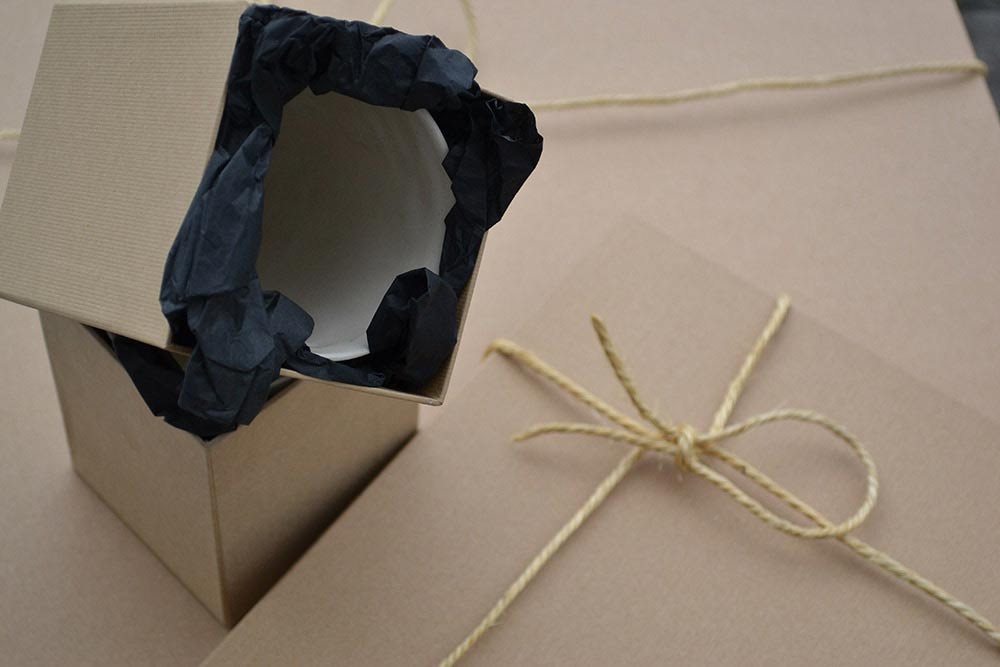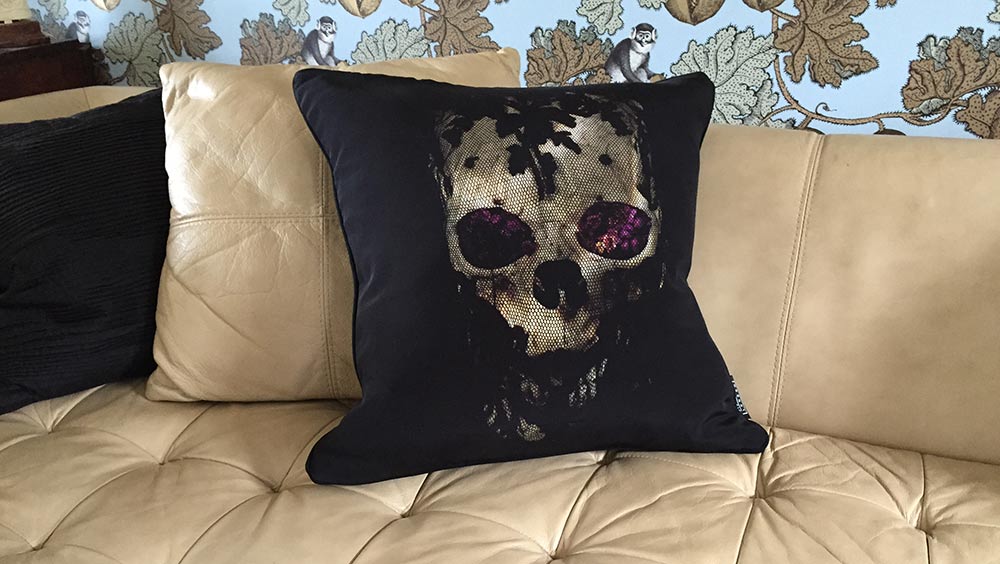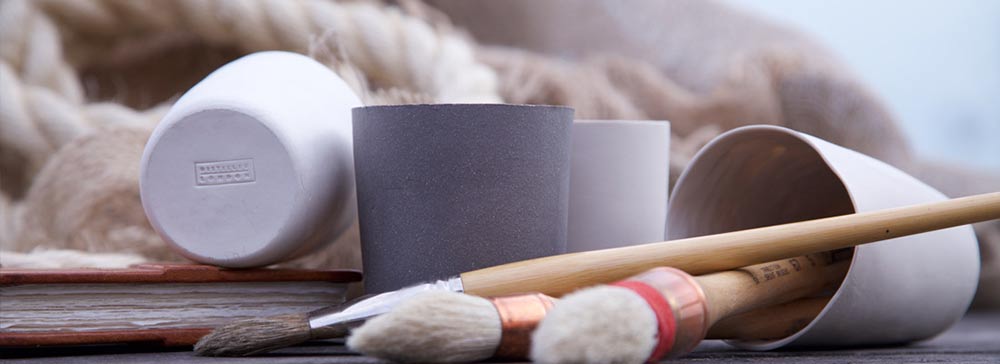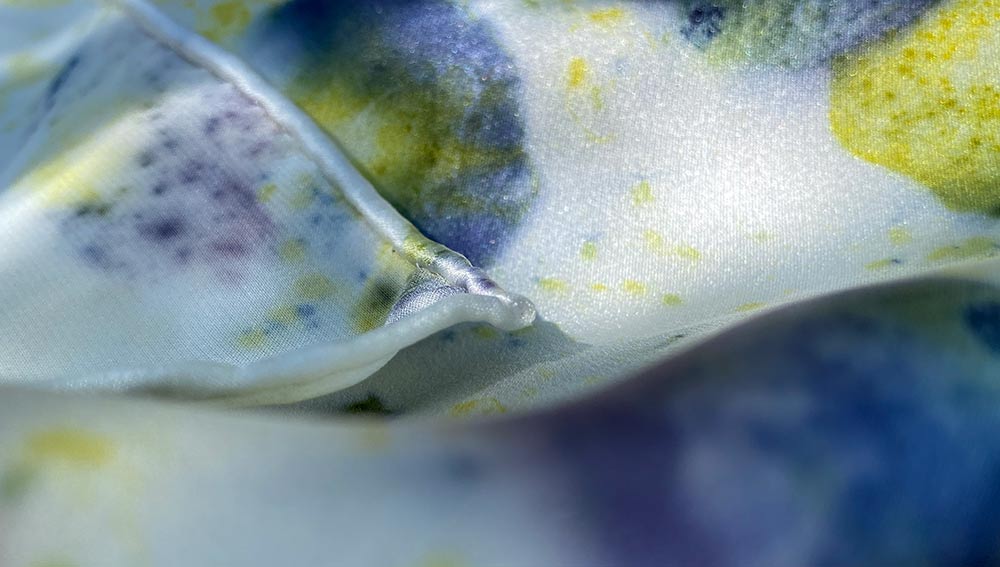How to master gift giving that create timeless moments & connections with nature.
In the modern world we no longer have the opportunity to give unnecessary, silly gifts, this does not particularly please a person, money is wasted and pollutes the environment.
 Every year we - without knowing it - buy more bad gifts than we realize. Today I’ll tell you how to avoid the most common mistakes and use psychology to improve your ability to choose gifts.
Every year we - without knowing it - buy more bad gifts than we realize. Today I’ll tell you how to avoid the most common mistakes and use psychology to improve your ability to choose gifts.
In fact, many gifts are not that good.
In 1993—amidst screams 'The Grinch!'—economist Joel Waldfogel published an infamous (at least in some economic circles) paper called 'The Deadweight Loss of Christmas' [1]. In it, Waldfogel argues that huge amounts of money are wasted on unwanted gifts every year. According to his research, many people value the gifts they receive in monetary terms much lower than their real value. For example, if someone bought a gift for $100, but the recipient valued it at $70, that means $30 was wasted. Once again, they are gone! You might as well just burn the money. Waldfogel found that such losses annually result from 10 to 33% of gifts. The numbers are impressive, especially when extrapolated to the entire population.
It's Incredibly Important to give the right gifts.
Besides being a boring line in statistics for economists, gifts are also a way to form and maintain social connections during important moments in life: birthdays, Christmas, Valentine's Day, anniversaries, graduations, etc. Usually there is some gift imbalance between these holidays.
For example, one year you can give something very important and necessary, and other person can give something that doesn’t even compare with your gift. So next year other person will try harder. This imbalance precisely leads to the continuation of tradition.
Good gifts help form and strengthen social bonds. With their help, we show people our love and care, apologize, and convey some kind of social signal. They help us enjoy our own generosity. Life without them would be empty.
In turn, bad gifts can undermine such connections. At best, receiving a bad gift can simply ruin your mood. At worst, it might push the person away forever. If Waldfogel is right, a frightening majority of us give inappropriate gifts every year without even realizing it.
Fortunately, it’s not just economists who analyze the gift situation; Psychologists have also intervened in the matter, claiming that we understand everything wrong.
Why our gifts don't work
There are quite a few research papers that share much the same idea about why gifts don't work—and what can be done about it. To break the cycle of bad gifts, I looked into the most popular theories out there.
Givers and recipients think differently.
Gifts do not always reach the heart because of the differences between the psychology of giving and receiving. Although these events occur simultaneously, we unconsciously treat the two things differently. When people give gifts, they usually look at one or more of the following criteria:
* surprise (wow factor);
* desirability (value factor);
* materiality (cost factor);
* social responsibility (striving for virtue).
But when gifts are received, priorities change:
* usefulness (can I do something about this?);
* versatility (multifunction);
* quality (is it well made and will it last long?);
* desirability (did I really ask for this?).
I find immense joy in the art of giving. It's not that I don't appreciate receiving gifts – I do, but there's a unique happiness in giving that stems from my childhood. My family has instilled a deep value for generosity, making it a cherished part of my life.
As a creative person who values the personal touch, I tend to lean towards creating things with my own hands or purchasing from artisans. There's a unique energy, outstanding quality, and environmental friendliness in handmade items that I deeply appreciate. It's a belief I 've carried with me – the notion that handcrafted pieces possess a special kind of magic.
I want to invite you to our studio, where you can discover unique pieces that are timeless to live with & designed with elegant simplicity, everything is hand made in a chemical & carbon neutral studio and perhaps here you will the perfect gift for your loved ones.

Silk cushion with underwater artwork of Alexander James Hamilton
 Limit addition collection 'Earth + Water' of drinking cups made in the traditional japanese way
Limit addition collection 'Earth + Water' of drinking cups made in the traditional japanese way

New sustainable collection of silk scaves
I hope you found this piece informative, now that you are here please lets stay connected.
references….
[1]https://graphics8.nytimes.com/images/blogs/freakonomics/pdf/WaldfogelDeadweightLossXmas.pdf